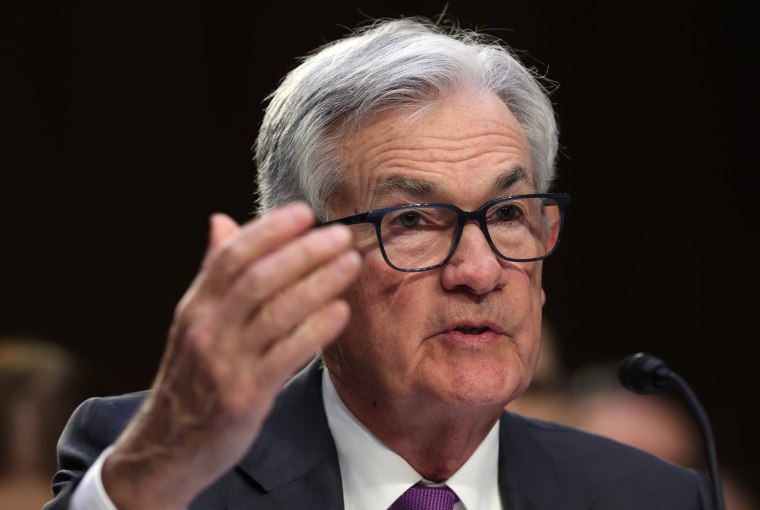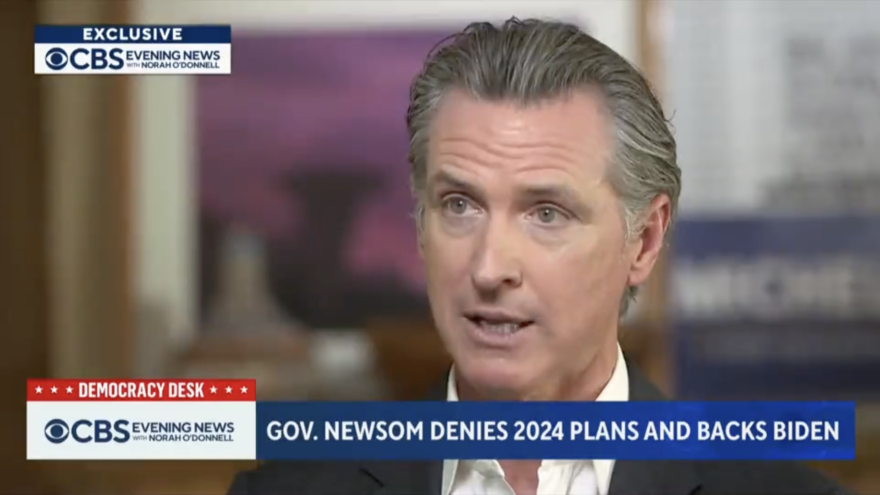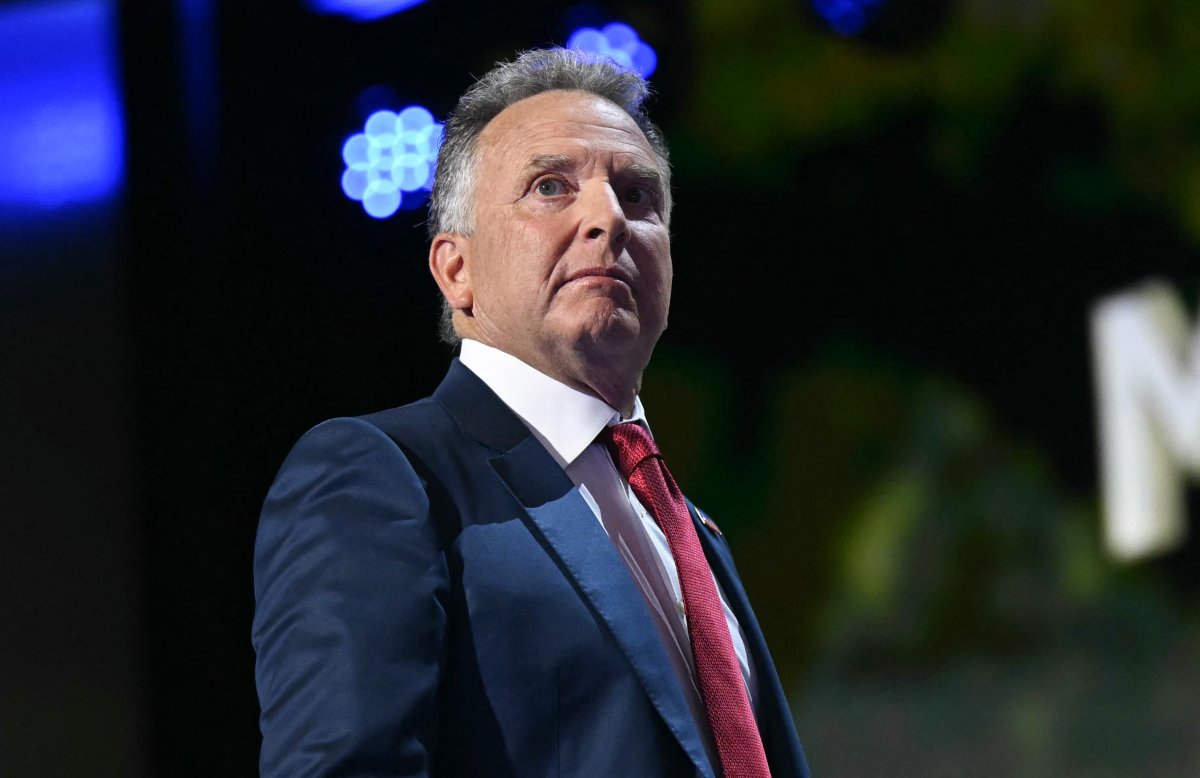Trump's Legacy: A Herculean Task For The Next Federal Reserve Chair

Table of Contents
The complexities are multifaceted, ranging from persistent inflationary pressures fueled by expansionary fiscal policies to the lingering effects of unconventional monetary measures and a deeply politicized environment. This article will analyze the key economic challenges inherited from the Trump administration, highlighting the significant implications for the next Federal Reserve Chair.
Inflationary Pressures and Trump's Fiscal Policies
Trump's economic policies significantly contributed to inflationary pressures, creating a difficult environment for the next Fed Chair. These pressures stem from several key areas:
The Impact of Tax Cuts
The 2017 Tax Cuts and Jobs Act, a cornerstone of Trump's economic agenda, dramatically reduced corporate and individual income tax rates. While proponents argued it would stimulate economic growth, critics warned of its potential to exacerbate the national debt and fuel inflation. Data suggests that the tax cuts did indeed lead to increased deficit spending. The Congressional Budget Office (CBO) projected a significant increase in the national debt as a result of the tax cuts, potentially fueling long-term inflationary pressures.
- Increased deficit spending: The tax cuts significantly reduced government revenue, leading to a ballooning national debt.
- Potential for long-term inflation: Increased government borrowing can drive up interest rates and contribute to inflation.
- Impact on investor confidence: While initially boosting investor confidence, the long-term effects of increased debt remain uncertain and could negatively impact investor sentiment.
Trade Wars and Their Ripple Effects
Trump's aggressive trade policies, characterized by tariffs and trade disputes with major global partners, significantly impacted the US economy and global markets. These trade wars disrupted supply chains, increased costs for businesses and consumers, and contributed to inflationary pressures.
- Tariffs: Tariffs on imported goods increased prices for consumers and businesses.
- Supply chain disruptions: Trade disputes led to delays and disruptions in global supply chains.
- Impact on consumer prices: Increased import costs were passed on to consumers in the form of higher prices.
- Retaliatory measures: Retaliatory tariffs from other countries further exacerbated the situation. The trade war with China, for example, significantly impacted various sectors.
Deregulation and its Economic Ramifications
Trump's administration pursued a policy of deregulation across various sectors, aiming to reduce the burden on businesses and stimulate economic growth. While some argue that deregulation can foster innovation and efficiency, others warn about potential risks to financial stability.
- Reduced regulatory oversight: Reduced regulatory scrutiny could lead to increased risk-taking by businesses and financial institutions.
- Potential for increased risk-taking: Less regulation can potentially lead to increased financial instability.
- Impact on financial institutions: Relaxed regulations might impact the stability and resilience of financial institutions.
Unconventional Monetary Policy and Trump's Influence
The next Federal Reserve Chair inherits a low-interest-rate environment and a central bank shaped by Trump's influence. This creates a complex set of challenges.
Low Interest Rate Environment
The low interest rate environment, partly a legacy of quantitative easing policies implemented during and after the 2008 financial crisis and continued under the Trump administration, leaves the next Fed Chair with limited tools to respond to future economic downturns.
- Limited room for rate cuts: The already low interest rates leave little room for further cuts during economic slowdowns.
- Potential for asset bubbles: Low interest rates can fuel asset bubbles in the stock market and real estate.
- Challenges of exiting quantitative easing: The process of unwinding quantitative easing programs poses significant challenges.
Trump's Appointments to the Federal Reserve
Trump's appointments to the Federal Reserve Board significantly influenced the central bank's decision-making processes and overall approach to monetary policy. Analyzing the perspectives and potential biases of these appointees is crucial for understanding the current economic landscape.
- Potential influence on monetary policy decisions: Appointees' views on inflation, unemployment, and other key economic indicators shape the Fed's policy decisions.
- Impact on the Fed's credibility: The perceived politicization of the Fed can undermine its credibility and independence.
- Diversity within the Federal Reserve Board: The diversity of thought and experience within the Federal Reserve Board is crucial for making well-informed decisions.
The Shifting Political Landscape and the Fed's Independence
Maintaining the Fed's independence in a highly politicized environment is a major challenge for the next Chair. Political pressures can significantly impact interest rate decisions and the overall effectiveness of monetary policy.
- Political pressure on interest rate decisions: Politicians may attempt to influence interest rate decisions for short-term political gain.
- The importance of maintaining central bank autonomy: The Fed's independence is vital for its ability to make objective economic decisions.
- Navigating public opinion and political criticism: The next Chair must effectively communicate the Fed's decisions to the public and manage political criticism.
Long-Term Economic Outlook and Trump's Lasting Mark
The long-term economic outlook is significantly shaped by Trump's legacy, particularly the substantial increase in the national debt and the legacy of unpredictability in policymaking.
Debt Accumulation and Future Fiscal Responsibility
The significant increase in the national debt under the Trump administration poses substantial challenges for future economic growth and fiscal policy.
- Sustainability of the debt: The high level of national debt raises questions about its long-term sustainability.
- Implications for future generations: The debt burden will be borne by future generations.
- Potential for fiscal crises: High levels of debt can increase the risk of future fiscal crises.
The Legacy of Unpredictability
Trump's administration was characterized by unpredictable policy decisions, creating uncertainty in the markets and undermining investor confidence.
- Market volatility: Unpredictable policy shifts can lead to increased market volatility.
- Uncertainty about future policies: Businesses and investors need predictability to make informed decisions.
- The need for predictable and consistent economic leadership: The next Fed Chair must provide stability and clarity in a previously volatile environment.
Conclusion
The next Federal Reserve Chair inherits a complex and challenging economic landscape directly shaped by Trump's legacy. From persistent inflationary pressures and a high national debt to a low-interest-rate environment and a politicized central bank, the challenges are considerable. Navigating this intricate situation requires exceptional skill, experience, and a deep understanding of the lasting effects of Trump's policies. The ability to maintain the Fed's independence, manage expectations, and foster economic stability will be crucial. We encourage readers to delve deeper into the research surrounding Trump's economic legacy and engage in informed discussions about the future direction of the US economy and the critical role of the Federal Reserve in this context. Understanding Trump's legacy is not merely historical; it's essential for understanding the present and preparing for the future of the US economy.

Featured Posts
-
 Gavin Newsom Criticizes Toxic And Judgmental Democrats
Apr 26, 2025
Gavin Newsom Criticizes Toxic And Judgmental Democrats
Apr 26, 2025 -
 European Shipbuilding And Russias Arctic Energy Ambitions
Apr 26, 2025
European Shipbuilding And Russias Arctic Energy Ambitions
Apr 26, 2025 -
 Newsom Under Fire Dave Portnoys Scathing Critique
Apr 26, 2025
Newsom Under Fire Dave Portnoys Scathing Critique
Apr 26, 2025 -
 Benson Boone De Beautiful Thing Ao Palco Do Lollapalooza Brasil
Apr 26, 2025
Benson Boone De Beautiful Thing Ao Palco Do Lollapalooza Brasil
Apr 26, 2025 -
 Trump Envoys Moscow Trip Interfax Confirmation
Apr 26, 2025
Trump Envoys Moscow Trip Interfax Confirmation
Apr 26, 2025
